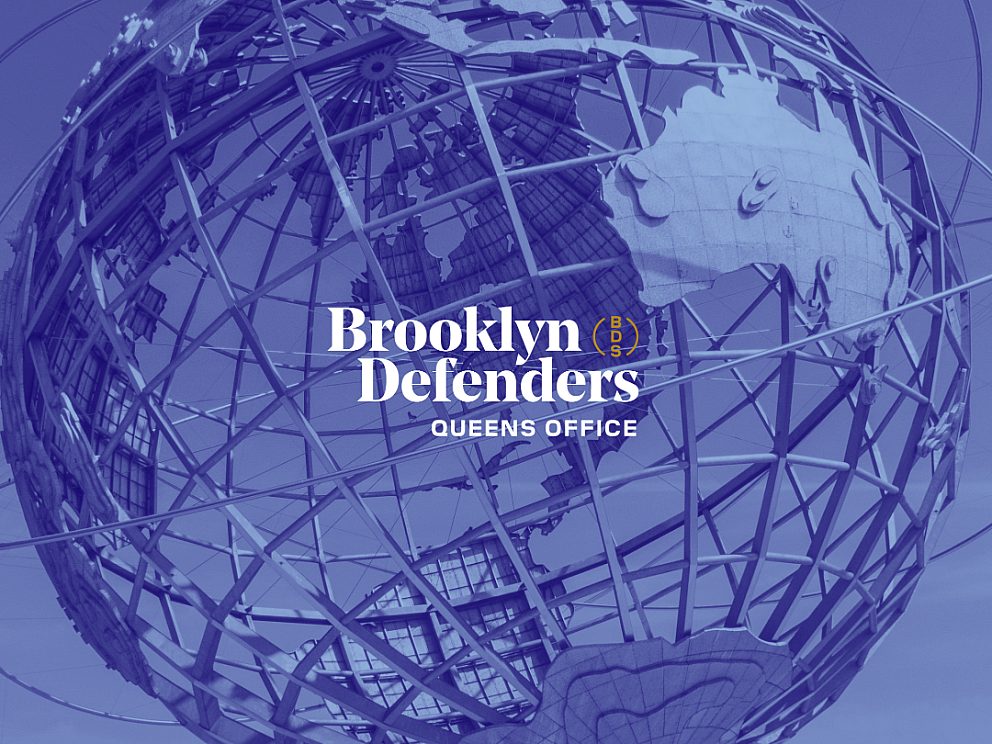Testimony: Responses to Mental Health Crises
Testimony: Oversight Hearing on Behavioral Health Emergency Assistance Response Division (B-HEARD) and Responses to Mental Health Crises.
Colleen King, Supervising Attorney, Criminal Defense Practice spoke to the the New York City Council Committees on Public Safety, Mental Health, Disabilities and Addiction, Fire and Emergency Management, and Hospitals about the need for proper responses to mental health crises.
"The NYPD will tell you that they respond to 200,000 mental health calls a year, and that deadly incidents are rare, but for the families of New Yorkers killed by the police, a single incident is irreversible and devastating. Force is disproportionately used in incidents involving people who have been identified as “emotionally disturbed.” Even one preventable death is one too many. These tragedies are not mere statistics—they are profound failures to protect vulnerable individuals. We must view and respond to mental health crises for what they are: medical emergencies that require trained healthcare professionals. Just as any other health-related crisis, like a heart attack, would be met with an ambulance and appropriate medical care, people in mental distress deserve the same level of specialized, compassionate intervention. Allowing the NYPD to continue responding to these calls does not address the real danger that police pose to people experiencing mental health crises. Police are not mental health experts or medical professionals, and they should not be tasked with filling this role."
...
"BDS supports the implementation and expansion of the B-HEARD, and we encourage the Council to work with the mayor’s office to ensure this program is fully staffed and funded to meet community needs:
● Clinicians, EMTs, and peers should be available in all boroughs and all neighborhoods to respond to calls in a mental health emergency.
● B-HEARD responders must be fairly compensated to attract and retain high-quality staff, ensuring that New Yorkers in every borough have access to the care they need.
● EMS dispatchers must also be trained to appropriately prioritize this response, defaulting to B-HEARD for mental health emergencies. Mental health emergencies account for nearly 10% of all 911 calls in New York, and yet B-HEARD, though improving in response, has only responded to about a quarter of those calls.
● B-HEARD must expand its operating hours to become a 24-hour emergency response service.
BDS supports Int 1019-2024, which would require the Office of Community Mental Health (OCMH), in coordination and consultation with other relevant agencies, to report to the mayor and Speaker of the Council and online regarding each 911 call that is identified as involving a mental health emergency, on a quarterly basis. We are deeply concerned with the lack of transparency about emergency response and instances in which police may be involved in mental health calls. We support legislation to ensure that data related to mental health emergency responses- whether by NYPD, EMS, or B-HEARD- is recorded and publicized to monitor whether individuals accepted medical treatment at the scene, voluntary transport to a hospital, mental health and crisis counseling at the scene, or follow-up services offered by the Department of Health and Mental Hygiene or Department of Homeless Services, by community-based healthcare or social service providers, or through a hospital-based program. Additionally, the NYPD should be required to report if, during the response to a mental health crisis, an individual was subjected to involuntary removal, experienced a use of force incident, was issued a summons, or was arrested.
Every New Yorker deserves safe, compassionate, and expert care in moments of crisis, not a police response that risks escalation."
Read the full testimony here.

